Bird Symbolism and Folklore From Around the World
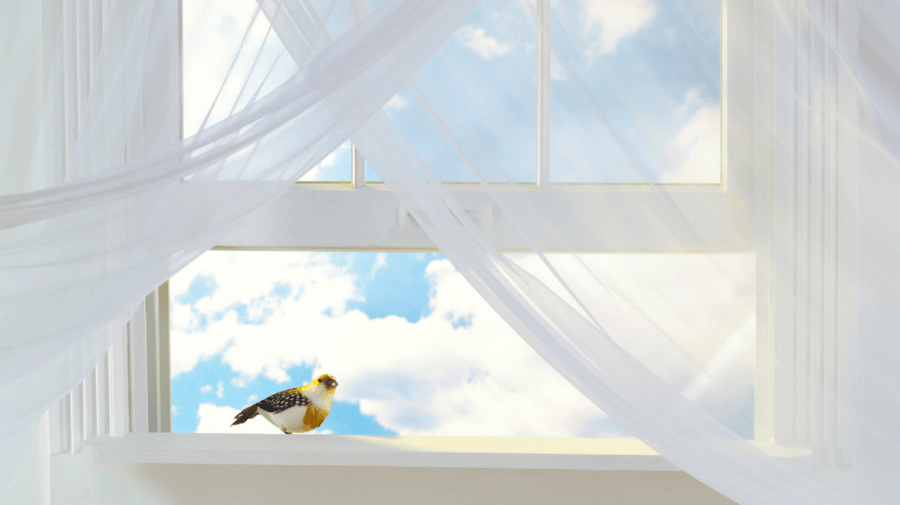
Humans have developed all kinds of myths, legends, and superstitions surrounding birds throughout history. This makes a great deal more sense when you keep in mind that it was only a little over a century ago that mankind first developed aircrafts capable of flight.
Prior to the early 20th century, birds were some of the only creatures who could soar among the clouds, leading many of our ancestors to see them as symbols of the bridge between heaven and earth. Let’s look at what it means if a bird flies into your house and other common bird superstitions.
When Birds Intrude Indoors
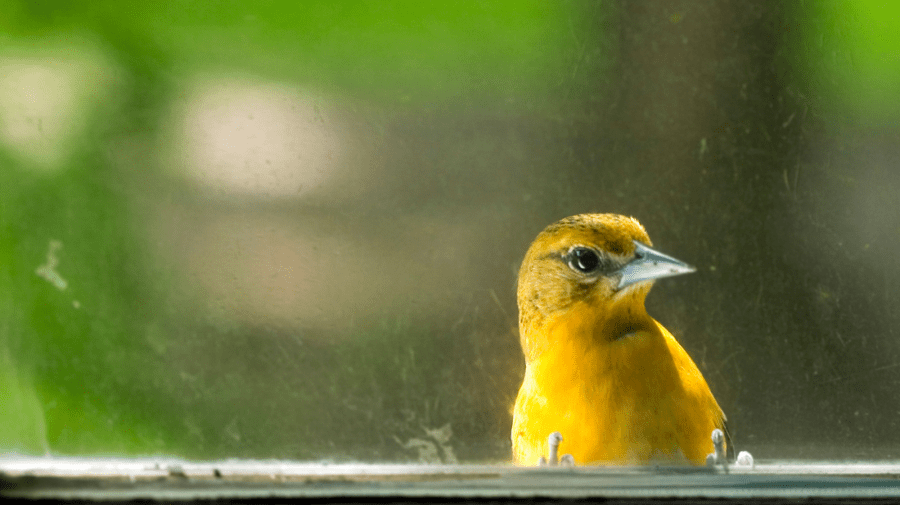
While it’s common for people to keep pet birds today, the idea of inviting a bird inside seriously freaked out many of our ancestors. “What does it mean if a bird flies into your home?” Like all symbolism, it highly depends on who you ask. Some cultures considered it a sign of impending bad luck, while others simply thought it signified an upcoming message.
Considering the chaos a trapped bird can cause inside the average home, however, the idea of the situation being associated with bad luck is fair enough. One famous believer in the myth that birds are exclusively meant to exist outdoors was none other than Lucille Ball.
The I Love Lucy star was so superstitious of the winged creatures that she would refuse to stay in any hotel that featured so much as photos of birds indoors. She once even went so far as to rip the wallpaper out of her home after realizing to her horror that birds were incorporated into the design.
Lucy’s superstitions, however, were likely more a symptom of PTSD, as a bird flew into her home the day her father died when she was a child.
Birds as Divine Messengers
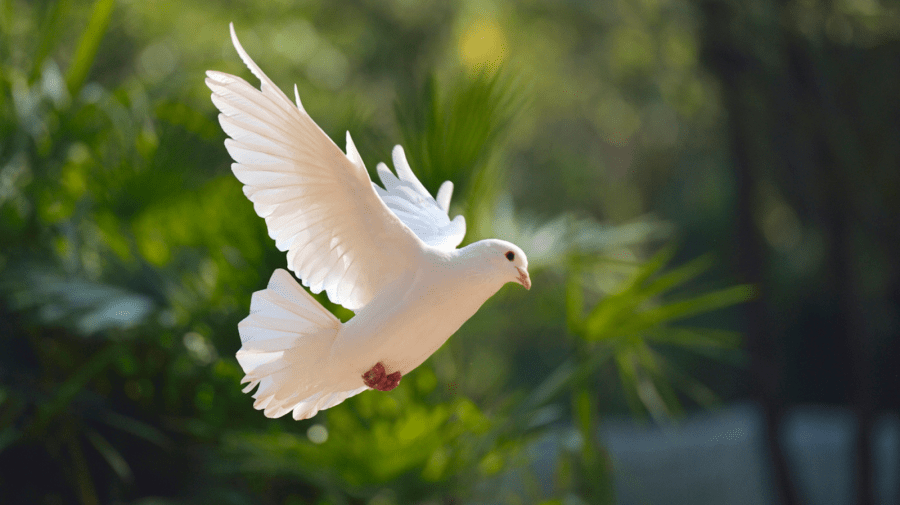
In many cultures, birds are traditionally associated with divine messages. Their ability to defy the laws of gravity was considered a bit of a superpower to our ancestors, as the sky was associated with the spiritual realm. Even today, many people tend to imagine the concept of heaven as existing somewhere in the clouds.
This explains why birds were long considered to have supernatural privileges denied to mortals. For ancient humans locked firmly on the ground, birds appeared capable of nothing less than divine transcendence. Because birds can also land at will, many cultures believed that they carried messages back and forth between the worlds of the gods and men.
This is quite possibly why angels, who are also believed to be divine messengers, have historically been depicted in art as having the wings of birds. To this day, doves are still a popular symbol of the Holy Spirit in Christianity, as they are meant to represent human access to the divine.
In Judaism, doves are a symbol of peace and healing. This likely goes back to the story of Noah, where it was a dove who brought news back to the ark that the flood had finally ended.
Symbols of Different Types of Birds
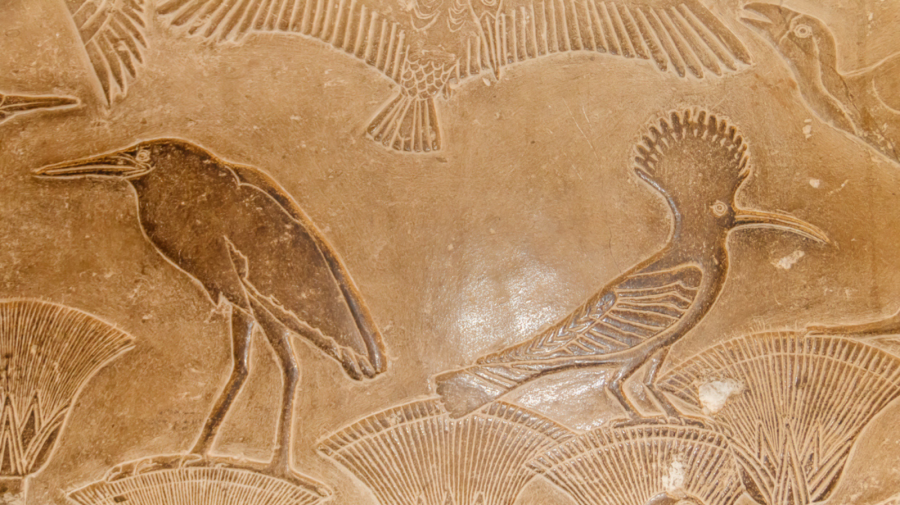
In many cultures, the specific type of bird in question played a key role in its symbolism. But much like any symbol, specific types of birds could mean two different things depending on who you asked.
Take the peacock, for instance. An old Mediterranean superstition claims that peacocks are bad luck because the markings in their feathers were said to be the eye of an evil figure known as Lilith. In other cultures, however, the same markings were said to be watchful eyes of protection.
Sometimes the symbolism associated with specific birds highly influenced how members of different cultures treated them. For centuries, the albatross was a symbol of good luck for sailors at sea. Unless, of course, you dared to harm one, as demonstrated in Samuel Taylor Coleridge’s The Rime of the Ancient Mariner.
The Hawk and the Ibis were likewise protected in ancient Egypt, where each was considered incredibly sacred. This was because Egyptian gods were believed to have the ability to transform either partially or completely into certain animals. The god Horus was commonly associated with the Hawk, while Thoth’s sacred bird was the Ibis.
The Egyptians took these associations so seriously that the historian Herodotus recorded, “Whoever kills an ibis or a hawk, intentionally or not, must die for it.”
Modern Bird Symbolism
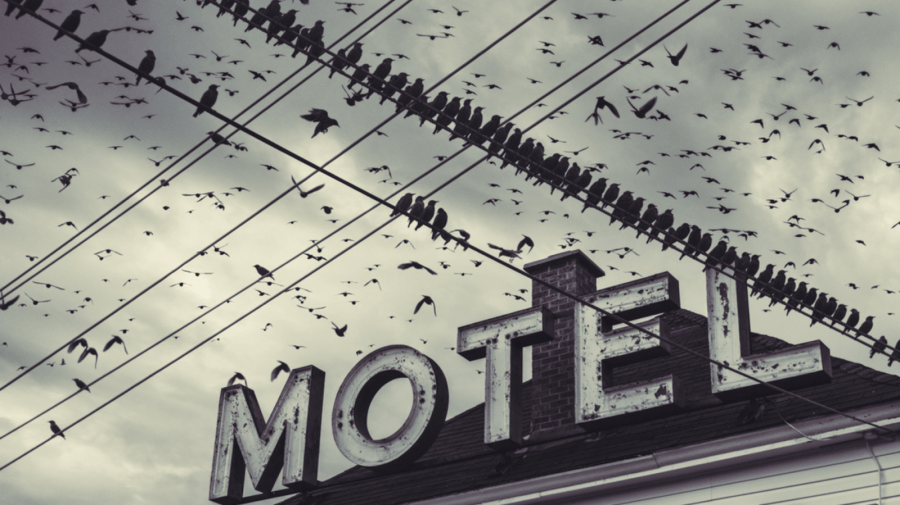
While it may be tempting to think of bird superstitions as a relic of history, we still associate many birds with various concepts today. Take the eagle, for example. The eagle is often seen as both the strongest and bravest of all birds, which is likely why eagle features were a symbol of honor among Native Americans. It was for similar reasons that the bald eagle was adopted as the national symbol of the United States.
Then there’s the owl, which is still commonly associated with wisdom or learning. The source of the “wise owl” stereotype likely originated due to the owl’s keen night vision, which gives it the ability to see what others cannot. This ability has been acknowledged since ancient times when the owl was said to be the sacred animal of Athena, the Greek goddess of wisdom.
Swans also tend to conjure up familiar associations. Today, swans are widely associated with love and romance since the birds mate for life. Swans are also typically associated with grace and beauty, both of which are elements few could deny they possess.
Whether Crows or Ravens, blackbirds are yet another bird commonly used as symbols in stories. From Edgar Allen Poe’s classic poem The Raven to modern TV shows and movies, blackbirds are often used to inspire feelings of unease. This is possibly due to the fact that their feathers make them blend into the night and that they are carrion birds who feed on other dead creatures.
As you can see, different birds have inspired various superstitions and associations among plenty of cultures throughout history. So what does it mean if a bird flies into your house? The answer probably lies more in your unique interpretation than in one of the many conflicting superstitions from the past.





